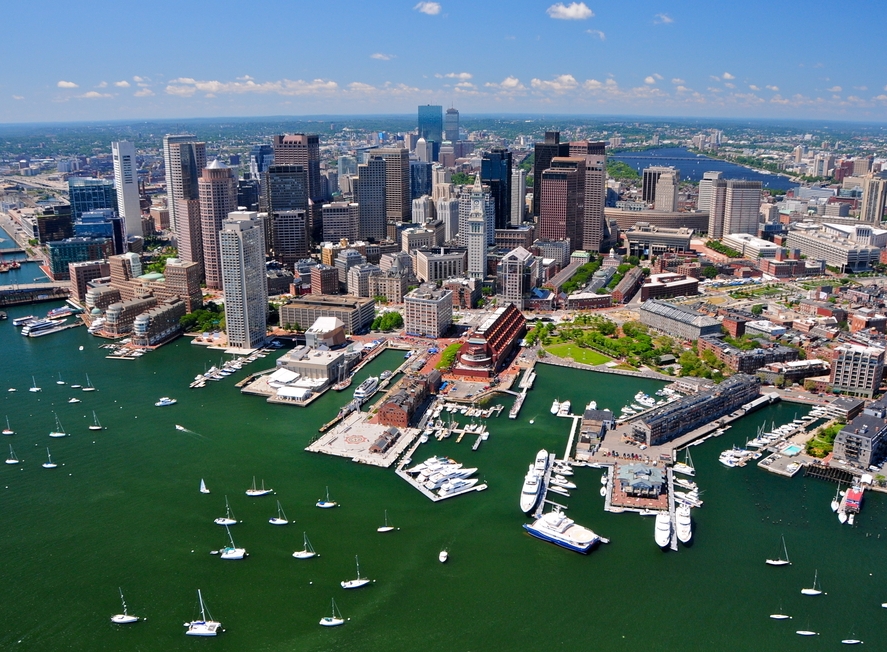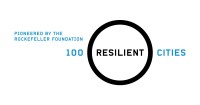Boston is looking for a scientist to work with on making their city more resilient.
Help Boston explore the connection between Earth and space sciences and city challenges in two ways –
contribute your ideas or volunteer to be part of their strategic planning.

Image: Courtesy of 100 Resilient Cities


The Thriving Earth Exchange® (TEX) has formally partnered with 100 Resilient Cities, pioneered by the Rockefeller Foundation, to bring the scientific expertise of AGU members to cities across the globe.
[ezcol_1third]
The Resilience Challenges
The Thriving Earth Exchange is looking for a scientist who can connect science to an integrated strategy that addresses the following challenges:
Shocks
- Flooding (Coastal and Rainfall),
- Infrastructure Failure,
- Terrorism,
- Blizzard
Stresses
- Pronounced Poverty / Inequality,
- Lack of Affordable Housing,
- High Unemployment,
- Rising Sea Level and Coastal Erosion
[/ezcol_1third]
[ezcol_1third]
How it Works
Boston is currently looking to develop an integrated resilience strategy to cope with the challenges being faced.
The first step is to find key stakeholders to form an interdisciplinary team committed to solving these challenges.
[/ezcol_1third]
[ezcol_1third_end]
Strategy Kickoff Meeting
Boston held the Strategy Kick Off meeting on Tuesday 19th May.
Ultimate outcomes of joining this effort will be to: determine focus areas, conduct a hazard assessment and identify gaps in Boston’s resilience.
This is an opportunity for a motivated scientist local to Boston to become involved in resilience conversations over the next 18 – 24 months, so as to progress Boston towards developing and implementing solutions.
[/ezcol_1third_end]
[ezcol_1half]
Get Involved
The Boston challenge needs a local Earth or space scientist who can find connections between science and its real-world resilience challenges.
Addressing Boston’s challenges will be done by listening carefully to the specific challenges being faced, and finding ways for Earth science to contribute to each challenge as part of an interdisciplinary team of experts. The ideal scientist should be local to Boston and have:
- Broad scientific understanding,
- The willingness to commit to Boston’s challenges over the next 18 months,
- The ability to listen and understand resilience issues,
- The ability to communicate science to non-scientists, and
- Some experience working with local governments or regions.
By becoming involved in this challenge, the selected scientist can provide scientific input and guidance themselves, or facilitate a conversation with the appropriate person from the larger AGU community. To support this effort, the selected scientist will also have access to a growing network of scientists who have signed up as resource team members and who can offer additional scientific input as required.
[/ezcol_1half]
[ezcol_1half_end]
Share Ideas
Do you have an idea on how Earth and space science can help address one or more of Boston’s resilience challenges?
The top five ideas will be shared with Boston city and the selected scientist!
[/ezcol_1half_end]
